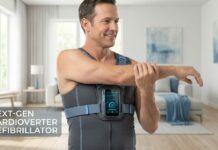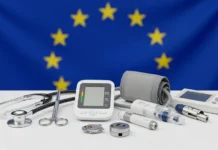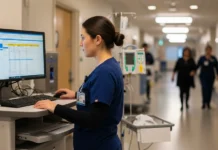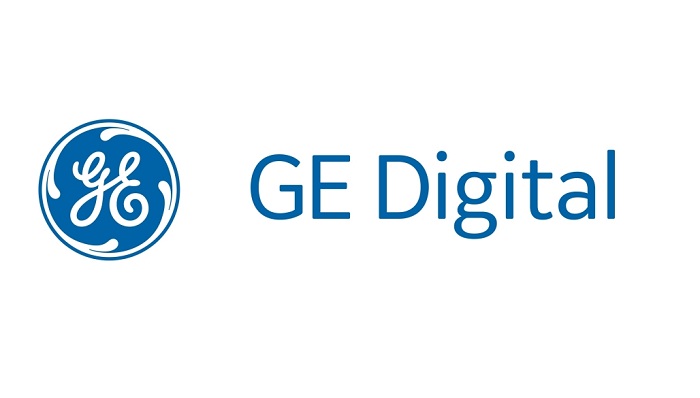GE Healthcare introduced the AMX Navigate,1 a new portable, digital X-ray system designed with a first-of-its-kind power-assisted Free Motion telescoping column that aims to reduce lift force by up to 70 percent2 and decrease technologist injury. New workflow solutions, including Zero Click Exam, increases efficiency by automating workflow and reducing user interface interactions.
Studies show that more than 70%3 of technologists experience some form of musculoskeletal (MSK) stress and strain injuries over the course of their career. To help solve for this, GE Healthcare conducted clinical observational research on a variety of portable X-ray systems to better understand the stress and strain associated with the use of these systems. These insights led to a new design focused on improving the user experience – from the unique power-assisted Free Motion telescoping column that helps reduce the physical effort required to complete an exam by approximately 70 percent4 to the system console that reduces the number of user interactions required to set up and process an exam. Additionally, the system’s small footprint facilitates enhanced maneuverability and easy positioning, even in the tightest spaces.
The Zero Click Exam5 feature on the AMX Navigate streamlines technologist workflow with the help of a barcode reader that matches the patient to the worklist, and Auto Protocol Assist that automatically selects the correct protocol for the patient. These features work in conjunction with others to eliminate up to 100 percent of user clicks. The seamless integration of QuickEnhance one-touch reprocessing for line visualization and AutoGrid also improve image turnaround time without compromising image quality – completing the image processing time in under ten seconds6.
“No one is more familiar with the ins and outs of X-ray imaging than technologists,” explains Katelyn Nye, General Manager, Mobile X-ray and Artificial Intelligence, GE Healthcare. “That’s why we worked closely with them to design new features focused on removing the stress and strain of the technologist’s everyday workflow – from the positioning of a portable X-ray for an exam, to its overall maneuverability from the Emergency Room to the Operating Room to the patient’s bedside. Already, the feedback has been overwhelmingly positive – with many X-ray technologists saying our new system addresses their core needs unlike ever before.”
GE Healthcare’s Critical Care Suite 2.0,7 an industry-first collection of AI algorithms for automated measurements, case prioritization and quality control, is also embedded onto the AMX Navigate platform offering on-device artificial intelligence that automatically identifies critical conditions and assesses ET tube placement. In addition, Quality Care Suite (QCS) provides onscreen quality checks to the technologist to help improve image quality and workflow efficiency.
“I have been an X-ray technologist for nearly thirty years and have experience with the strain that occurs from performing multiple x-ray exams daily,” says Jennifer Murphy, Radiology Manager of St. Luke’s University Health Network – a collaborator engaged in the development of the AMX Navigate. “I’m excited about how the AMX Navigate is designed to improve the user experience and reduce exam time. From its sleek design that makes it easy for technologists to navigate, to the dynamic screen that wastes no space to provide clear, high-quality pictures – this new system is easy to use and saves time when minutes matter, which is the ultimate goal for clinicians working to provide patients with the best care possible.”
About GE Healthcare:
GE Healthcare is the $18 billion healthcare business of GE. As a leading global medical technology, pharmaceutical diagnostics and digital solutions innovator, GE Healthcare enables clinicians to make faster, more informed decisions through intelligent devices, data analytics, applications and services, supported by its Edison intelligence platform. With over 100 years of healthcare industry experience and around 47,000 employees globally, the company operates at the center of an ecosystem working toward precision health, digitizing healthcare, helping drive productivity and improve outcomes for patients, providers, health systems and researchers around the world.


















